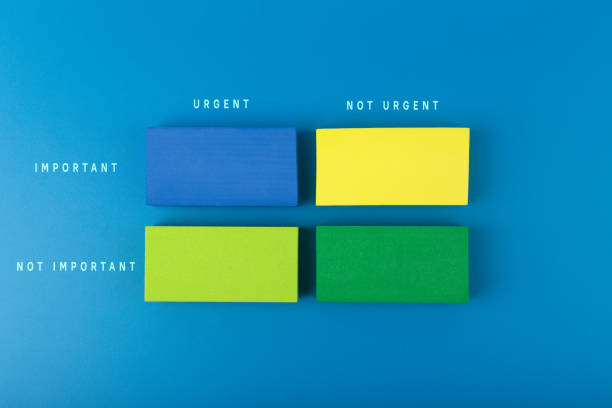In today’s hyper-connected world, feeling busy seems like a badge of honour. We wear our packed schedules and overflowing inboxes like trophies, constantly juggling tasks and chasing deadlines. But is this constant busyness truly productive? Or is it, as Seneca cautioned, simply “cram[ming] everything that is, as it were, into [our minds]” without achieving real success or fulfillment?
The truth is, busyness is not a synonym for productivity. In fact, research suggests it can be detrimental to our physical and mental health, leading to burnout, stress, and decreased cognitive function. So, how do we break free from the busy trap and achieve true productivity, while carving out space for a balanced and fulfilling life?
Why Being Too Busy May Be Detrimental to Productivity
From the outside, being constantly busy may seem like a good thing. It isn’t. Not according to science. Such a state drains the body and mind and causes negative consequences. Let’s see a few.
- Physical Health: Often, people who are too busy, have no time to take care of their bodies. They also tend to get little sleep and eat haphazardly. All of this leads to a gradual decline in physical health.
- Burnout and Stress: Feeling busy is a recipe for burnout. When you busy yourself with things that don’t matter under the guise of doing stuff, you expend creative energy that may be better used. If it continues long enough, it will break you, leading us to my next point on mental health.
- Mental Health: When you’re too busy, you give the mind too many things to focus on. In Seneca’s opinion, “No one pursuit can be successfully followed by a man who is preoccupied with many things…since the mind, when distracted, takes in nothing very deeply, but rejects everything that is, as it were, crammed into it.” This means that constant busyness leads to a decline in mental health.
- Thankfulness: When you’re busy, you are rarely unable to pause long enough to enjoy the sights and beauties of life. And that robs you of the spirit of thanksgiving, a devastating way to walk through life.
Redefine Success
The first step to escaping the busy trap is to redefine what success means. Is it about being constantly occupied, or is it about achieving meaningful goals with focus and intention? Shift your focus from quantity (tasks done) to quality (impact made). Instead of boasting about the number of books you read, prioritize those that truly ignite your mind and transform your life.
The focus shouldn’t be on how much time you spend doing something or how much activity you get done but on the impact of every completed activity. So, reframe your goals to focus on your outputs.
Sure, saying you read one book that deeply changed your life isn’t all that impressive, but what does that matter? Continuous learning is taking place, transformation is occurring, and you’re not dying for it to happen.
Prioritise Ruthlessly
Everyone should know and use Eisenhower’s Decision Matrix. It distinguishes four levels of tasks.

- Urgent and Important: These demand immediate attention.
- Urgent but Not Important: Delegate or outsource these tasks.
- Important but Not Urgent: Schedule time for these in your calendar.
- Not Important and Not Urgent: Eliminate these entirely.
Focus your energy on Class A tasks (urgent and important), delegate Class B tasks, plan for Class C tasks, and ruthlessly eliminate Class D tasks. Doing this can help you cut through the clutter of activities and focus on what is truly important:
Practice Solitude
Contrary to popular belief, free time is not unproductive. In fact, it’s a cornerstone of creativity and innovation. Schedule regular “solitude sessions” where you disconnect from technology and other distractions. Simply sit and let your mind wander. You’d be surprised by the brilliant ideas that emerge in the quiet space.
Embracing True Productivity
Take a stand against the busy trap. Reclaim your time, redefine success, and prioritize what truly matters. By embracing mindful productivity and intentional living, you can achieve your goals, find fulfilment, and create a life that’s both productive and balanced.
Now, it’s your turn! Share your thoughts in the comments below. What are your biggest challenges with busyness? How do you prioritize and achieve work-life balance? Let’s start a conversation and support each other on the journey to mindful productivity.



1 thought on “Prioritizing Productivity in a Busy World: Redefining Success and Achieving Work-Life Balance”
Amazing piece!
Quite timely too.
Thank you for sharing, Babafemi.